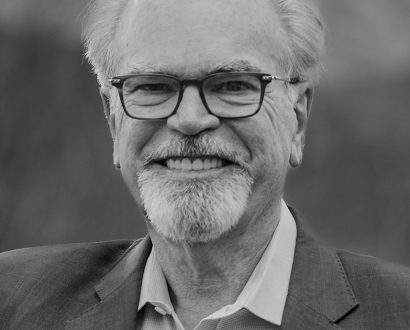One issue that’s long been of interest to me is how business leaders acquire business knowledge. Considering the main reasons businesses fail, including poor management, ineffective staff and lack of planning, are fairly well-known, why are so many people embarking on risky ventures without fully understanding how to do the job and manage staff? After all, get it wrong and there’s an awful lot to lose.
Failing is painful
Throughout my work as a business coach with more than 500 companies over the past decade, I’ve spoken to many entrepreneurial CEOs whose businesses are failing. Listen to their stories and you’ll soon learn just how painful failure can be. Apart from cash and time losses, there’s often a toll on personal relationships, health issues, reputational damage, flow on losses to other stakeholders, opportunity costs and even PTSD. Many try to conceal the damage as they feel terribly ashamed, embarrassed and guilty. Whilst some learn from their mistakes and have the courage to try again, many never recover from the experience.
Formal business education vs learning on the fly
What always shocks me the most is how little bosses actually know about running a business.
Many have no clue as to how to run an effective meeting, how to keep staff accountable and even how to keep themselves accountable.
So where do CEOs – particularly ones that establish their own companies – go to learn about business? In terms of formal education, there are business units at both school and university, but how many people actually apply anything useful they’ve learnt or even remember the lectures? Even if a course is highly regarded, many entrepreneurs often choose to skip university courses.
I recently questioned a new student in a very popular Sydney-based MBA program on how many of the student intake were private business owners. The answer was two out of 40 students. One was doing it so he could get “job ready” to go back to a corporate role and the other had just sold out of his business and was doing it to “occupy time”.
In a world filled with the latest and greatest seminars, workshops, books and courses, promising every attendee the ‘secret to making millions’, how does an entrepreneur choose where to invest their time and money? I’m saddened by the countless leaders who’ve shared their stories of spending time and money on such experiences only to find they’ve not delivered. I’d personally love to see our industry regulated to bring about some testing and accountability in order to push out poor operators.
The fact is, many top CEOs of the world’s most successful private companies, which they started themselves, either did not attend university, did not complete a course or were dropouts. These include Bill Gates, Mark Zuckerberg, Richard Branson, Michael Dell, Ralph Lauren and even Steve Jobs. So how did they learn how to run a business? The same way most entrepreneurs do – first-hand, on-the-job experience which usually includes a lot of learning on the fly, missteps and stumbling through.
The problem with this approach for the most part is that the success rate is about as likely as you becoming as successful as one of the names just listed… not high! What’s needed is more awareness around the statistics of success versus failure, more relevant, practical education and perhaps even an entry exam for ABN applicants wanting to start up new ventures, not unlike a driving test.
What to look for when learning about business
Given my history of helping businesses get back on their feet, there are five essentials to successful business education I’ve observed:
- It needs support One of the greatest challenges for leaders is a sense of feeling “alone at the top”. Engaging the help of a mentor, coach or consultant can be invaluable if neither formal business units or muddling through has worked. This person is similar to a personal trainer – they give practical tools, help you stay on course and hold you accountable to ongoing learning and implementation of the learnings.
- It needs to be simple Many don’t want academic speak and a heap of theory. Instead, any instruction needs to be practical, proven, easy-to-follow and industry agnostic.
- It needs to include a process Attending a one-off workshop or seminar is unlikely to do anything other than give you a sore head from all the clapping and loud music! How many times have you taken loads of notes at such an event, swore that your life is about to change and then woken up the next day just to go back to your old ways? What you need is a process of learning and implementation – one step at a time.
- It needs to include your people A person wanting to establish and grow their leadership team and staff can’t do it alone. Any education needs to include their people.
- It needs to produce results If there’s one thing CEOs demand, it’s results. If the teaching can’t provide results in an entrepreneurial business (not a corporate company with 5,000 staff and a world of resources), as an entrepreneur you’ll disengage.
Acknowledge your shortfalls
In summary, one of my key pieces of advice to leaders is to acknowledge that you don’t know it all, and furthermore you shouldn’t expect to know it all (another entrepreneurial frustration). Rather, be humble, share with your team when you don’t have the answers, and tell them that you want to learn and for them to learn. Encourage a culture of learning and implementation.
Further, look at the many options available. Myself and our community of more than 250 Professional Entrepreneurial Operating System Implementers around the world work with business owners and their leadership teams to implement the EOS, which includes a set of simple, proven tools that has helped more than 6,000 businesses achieve their goals.
You can learn more by reading the book Traction by Gino Wickman, Founder of EOS Worldwide. There are other companies that also offer solutions – investigate the options and choose the one that is right for you.







